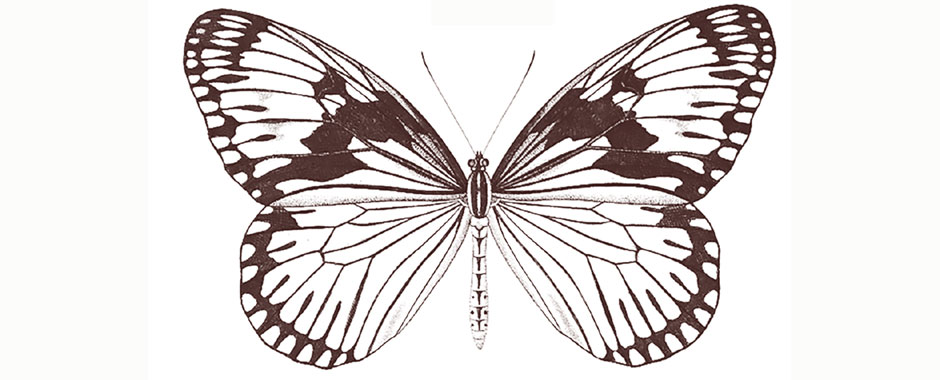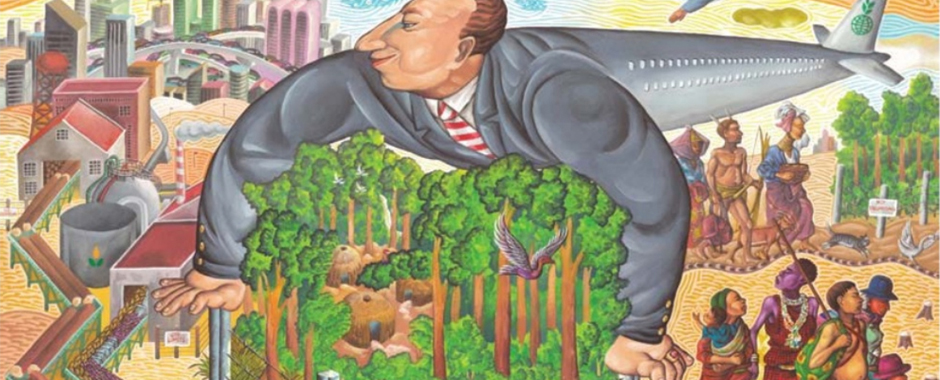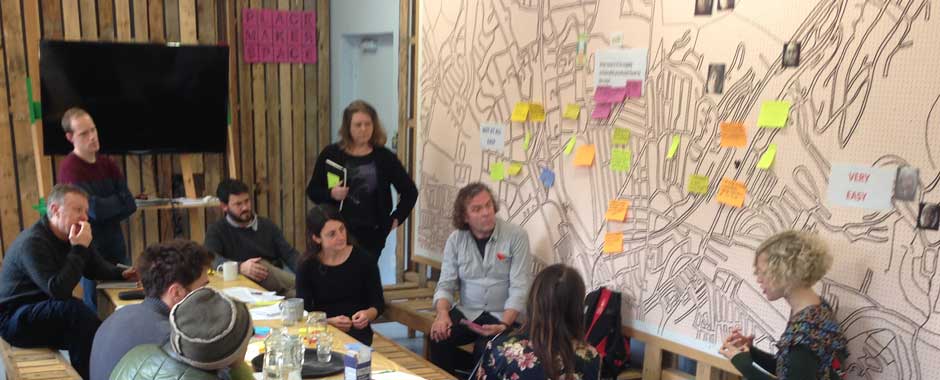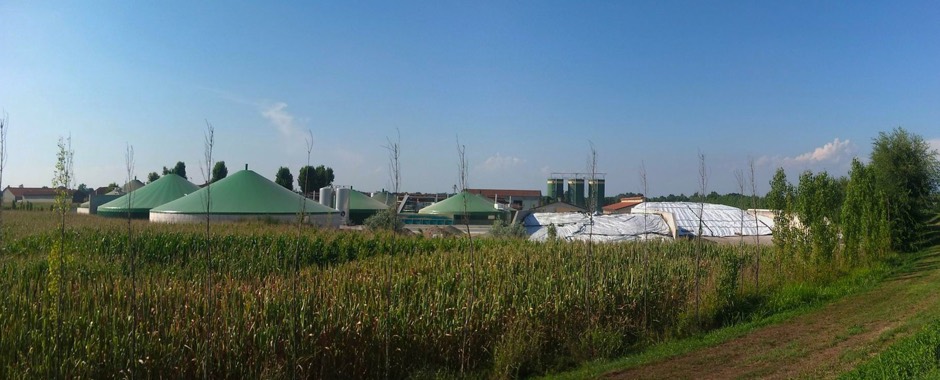In the face of climate change and social inequality, changing to a greener and fairer society might feel impossible – but rapid, radical transitions may be more possible than you…
Why rapid transitions are more possible than you might think
Impact story #2: From land grabs to the Anthropocene
A new impact story, From land grabs to the Anthropocene: exploring the politics of resources is the second in our series looking back at a decade of STEPS Centre research…
Why local land matters for sustainable food systems
Land presents both challenges and opportunities for establishing sustainable food systems. That is one of the learning points from a workshop in Brighton on 7 December 2016. Stakeholders joining the…
Trump and Brexit: what’s the alternative?
Sometimes when you suffer trauma, you have to look elsewhere to seek out radically new ways of framing things in order to recover. This year we’ve suffered two major traumas…
Farming in the UK: can we nourish ourselves from this land?
The recent dispute over food prices between the UK’s largest supermarket chain, Tesco, and the UK’s biggest food and grocery manufacturer, Unilever shines a light on a deeper problem in…
Hot debate about biogas: lessons from Italy
A new STEPS working paper by Bianca Cavicchi and Adrian Ely examines the history of biogas as a source of energy in the region of Emilia Romagna, Northern Italy. Over…
Hinkley C: why is the UK building a new nuclear power plant?
Today the UK government approved Britain’s first new nuclear power plant in 20 years at Hinkley Point C. Many of the reactions to the decision have been critical for a…
Science, Brexit and ‘post-truth’ politics
STEPS co-director Andy Stirling is one of six researchers writing in the Guardian on ‘science after Brexit’. A longer version of his part of the Guardian article is below. The…
Civilising Hypocrisies and Fundamental Questions: on “emancipating transformations”
This week Manchester Tyndall Centre hosted a provocative and highly interesting seminar. Professor Andy Stirling, who spent the 80s in the trenches for Greenpeace, had schlepped up to deliver a…
Understanding the Anthropocene: blog series
We now live in an era where humankind has become the dominant force behind global environmental change. Paul Crutzen and Eugene Stoermer introduced the term “Anthropocene” to reflect the growing…



